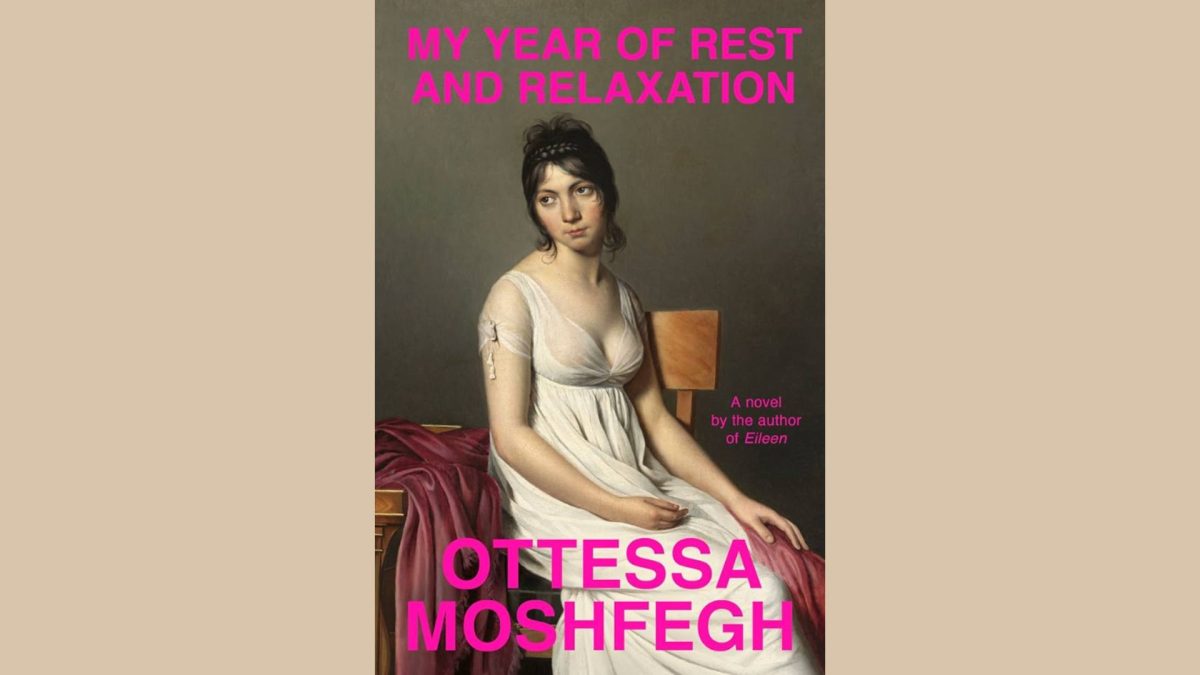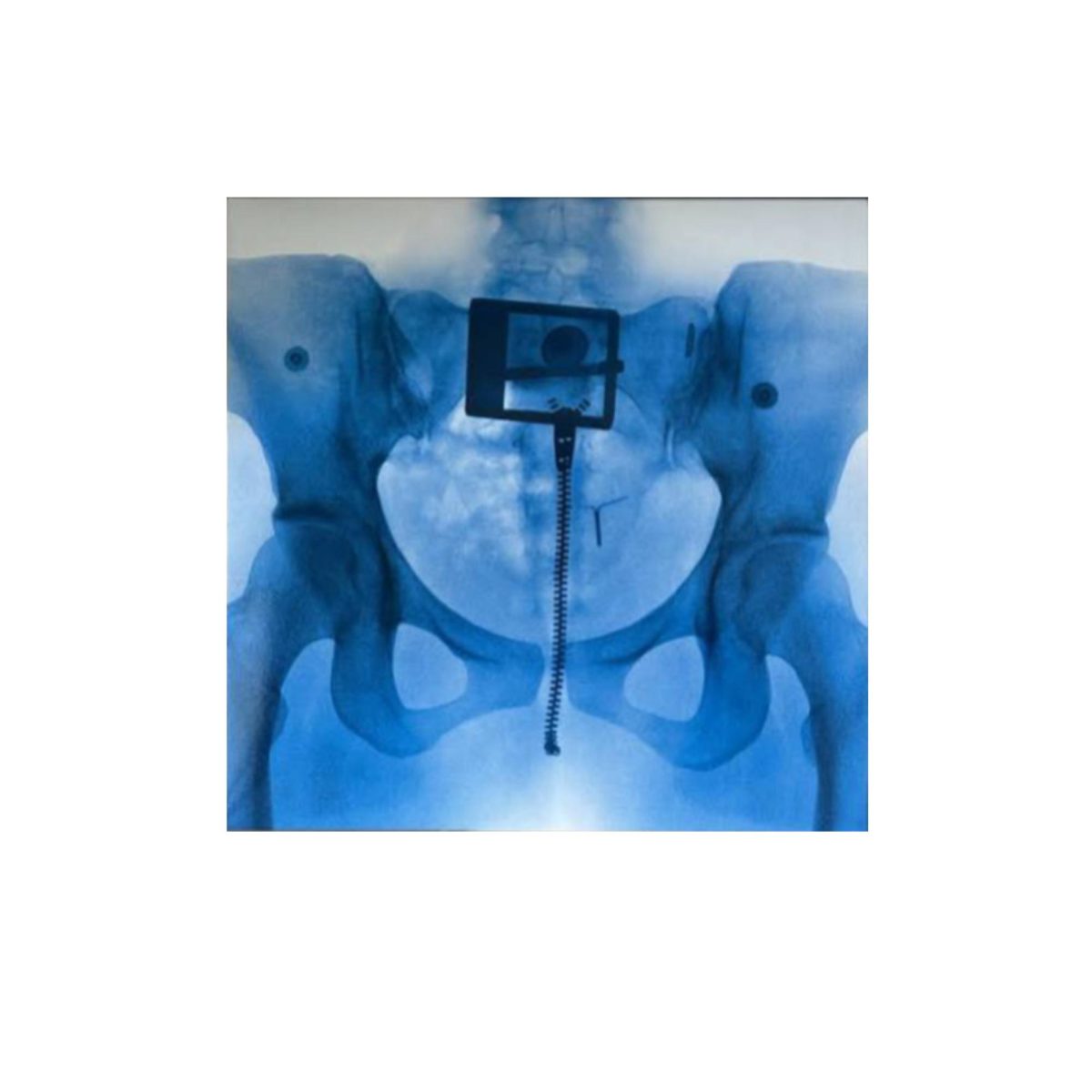Why isn’t our narrator happy anymore?
The narrator, unnamed, is the entire package and more: wealthy, stereotypically pretty, an Ivy League graduate, an owner of an Upper East Side apartment in NYC and employed at a hip art gallery — she has it all, except happiness. Her joy diminished when both her parents started to slowly deteriorate in only a matter of months. Her future was shining in front of her but she didn’t want it anymore. Everything emptied out of her, and she needed to be properly rebirthed.
She decides to rejuvenate herself by sleeping for an entire year. Hibernation is her new way of life with the help of a terrible psychiatrist. Our narrator is prescribed medications she doesn’t need and starts getting addicted to, along with other drugs. Because of this, she feels very little and starts to embody a bear in the winter. Very little is stopping our narrator, besides her needy friend and ex-boyfriend, so her plan is working.
The world is awful, according to her. Everything besides Whoopi Goldberg movies, takeout, and sleeping, is gross. Ultimately, she believes that her plan to hibernate will awaken her with a new outlook on life. Her past problems will be out of mind and reach, yet she will feel energized enough to reboot her life for the better.
I felt depression was accurately displayed in the book and showed the ugly truth of losing a parent. Otessa Moshfegh, the author, wasn’t scared to be unhinged and she didn’t shy away from uncomfortable topics. She didn’t mind going deep into the characters, no matter who they were. Many of her characters are unlikeable, including the narrator, something I find creates a direct perspective, displaying the hard truth. With Moshfegh’s excellent skill in writing, I find it must be hard for her to create anything but masterpieces filled with layered characters.
Reading this novel, I felt like I was intruding on someone’s life, almost like reading their diary. I learned awful things about someone and saw them as if no one else was around. “My Year of Rest and Relaxation” showcases flaws in how humans cope with pain, ultimately raising the question of “Can we get over it?”
















